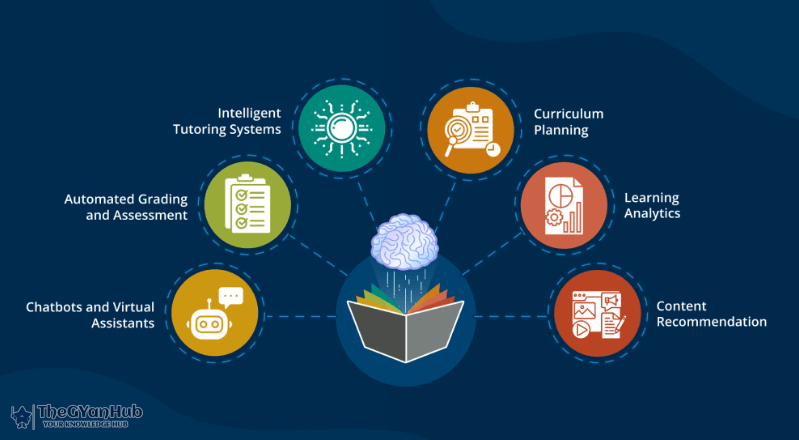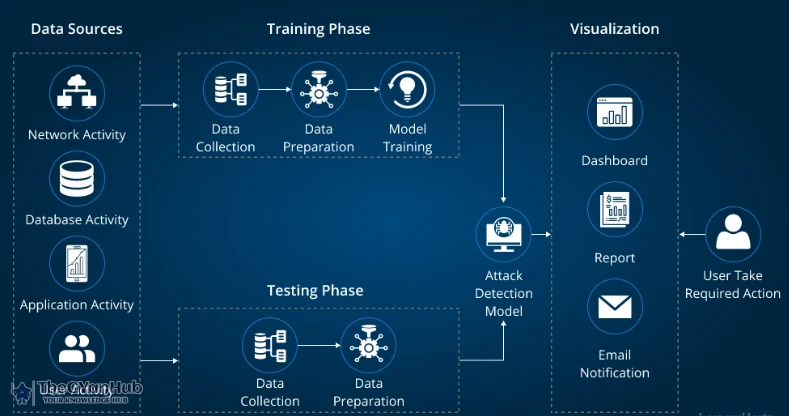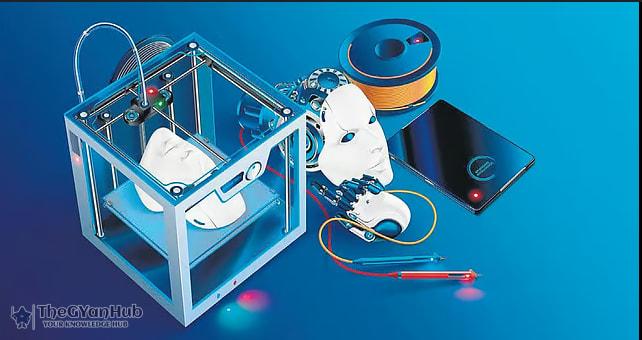I’m a passionate writer who loves exploring ideas, sharing stories, and connecting with readers through meaningful content.I’m dedicated to sharing insights and stories that make readers think, feel, and discover something new.
The Rise of AI in Education
In recent years, artificial intelligence has increasingly become a part of educational tools and platforms. From personalized learning experiences to automated grading systems, AI is reshaping how we learn. However, the integration of AI in education also raises questions about the authenticity and quality of learning.

A Techie's Unconventional Approach
Recently, a tech enthusiast made headlines by completing a Coursera course with the help of Perplexity Comet AI. This AI tool, known for its advanced capabilities in generating human-like text, assisted the learner in navigating complex topics and assignments. While this approach might seem innovative, it has sparked a debate about the ethical implications of using AI in such a manner.
Aravind Srinivas, a prominent AI expert, has issued a warning against relying heavily on AI for educational purposes. He argues that while AI can be a helpful tool, it should not replace the critical thinking and problem-solving skills that are essential in any learning process.
Potential Risks and Concerns
One of the main concerns with using AI to complete courses is the potential for academic dishonesty. When AI tools are used to generate responses or complete assignments, it undermines the integrity of the educational experience. Moreover, students may miss out on the deeper understanding that comes from grappling with challenging concepts on their own.
Another risk is the possibility of AI-generated content being inaccurate or misleading. While AI has made significant strides in recent years, it is not infallible. Relying solely on AI for learning could lead to the dissemination of incorrect information.

Expert Opinions and Recommendations
Experts like Srinivas recommend a balanced approach when integrating AI into education. They suggest using AI as a supplementary tool rather than a primary source of learning. This approach allows students to benefit from AI's capabilities while still engaging in critical thinking and independent learning.
Furthermore, educational institutions are encouraged to establish clear guidelines on the use of AI in coursework to maintain academic integrity. By doing so, they can ensure that students are using AI responsibly and ethically.
The Future of AI in Education
As AI continues to evolve, its role in education is likely to expand. However, it is crucial to address the ethical and practical challenges that come with its use. By fostering an environment where AI is used responsibly, educators can harness its potential to enhance learning while preserving the core values of education.
For those interested in exploring the intersection of AI and education further, consider reading about the latest developments in AI technology on TheGyanhub's Technology section.
Further Reading
Related articles in this category

El Mencho Killed: The Fall of Mexico's Most Powerful Drug Cartel
February 23, 2026
The recent killing of Nemesio Rubén Oseguera Cervantes, known as 'El Mencho', has led to significant upheaval in Mexico as the Jalisco New Generation Cartel faces a power vacuum. This article explores the implications of his death on the drug trade and national security.

Sam Altman vs. Sridhar Vembu: A Clash on AI and Human Energy Consumption
February 22, 2026
In a recent discussion, Sam Altman compared the energy consumption of AI systems to that of humans, prompting a strong rebuttal from Sridhar Vembu. This article explores their contrasting views on energy efficiency and sustainability.

Trump's Loss, India's Gain? How Tariff Order Could Affect Trade Talks
February 20, 2026
The US Supreme Court's decision to strike down Trump's Global Tariffs Policy may have significant implications for India, potentially reshaping trade dynamics. As New Delhi navigates this change, the global trade landscape could see a shift in power.






